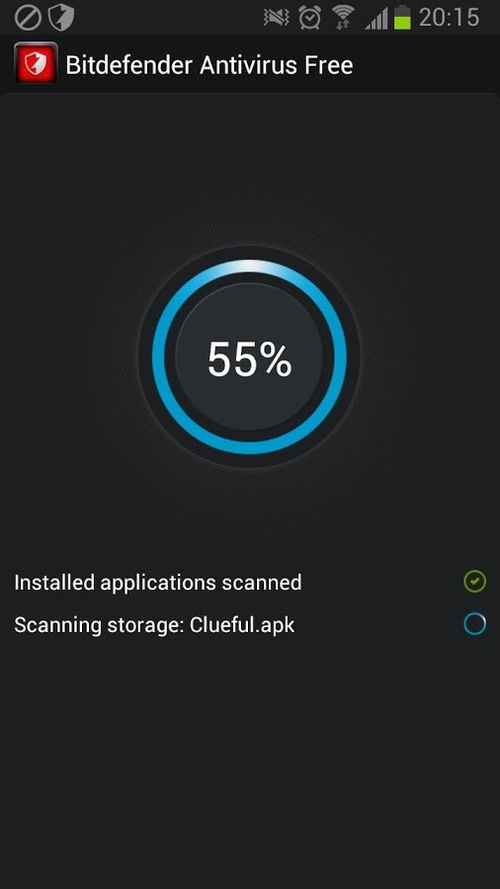
Bit by a Black Ant: A Detailed Look into the World of Ant Bites
Have you ever found yourself on the receiving end of an ant bite? It’s a common occurrence, especially during the warmer months when ants are most active. But have you ever wondered what happens when you’re bit by a black ant? This article delves into the various aspects of black ant bites, from their causes and symptoms to prevention and treatment.
Understanding Black Ants

Black ants, also known as pavement ants, are small, dark-colored insects that are commonly found in urban and suburban areas. They are known for their ability to create complex colonies and foraging networks. While black ants are generally not aggressive, they can become a nuisance when they invade homes and gardens in search of food and shelter.
Causes of Black Ant Bites

Black ant bites occur when these insects feel threatened or when they are defending their colony. They can bite humans when they come into contact with food, garbage, or other attractants that may be present in your home. The bite is usually painless at first, but it can become itchy and inflamed over time.
Symptoms of Black Ant Bites

The symptoms of a black ant bite can vary from person to person. Common symptoms include:
| Symptom | Description |
|---|---|
| Redness | The area around the bite may become red and inflamed. |
| Pain | The bite may initially be painless, but it can become painful over time. |
| Itching | The bite area may become itchy, especially after a few hours. |
| Swelling | The bite area may swell slightly. |
| Blisters | In some cases, blisters may form around the bite area. |
Prevention of Black Ant Bites
Preventing black ant bites involves taking steps to eliminate their food sources and nesting sites. Here are some tips to help you keep black ants at bay:
- Keep your kitchen clean and free of food crumbs.
- Seal any cracks or crevices in your home where ants might enter.
- Store food in airtight containers.
- Remove garbage promptly and keep it in sealed bins.
- Trim back vegetation and trees that touch your home, as these can provide a bridge for ants to enter.
Treatment of Black Ant Bites
Most black ant bites are mild and can be treated at home. Here are some steps you can take to alleviate the symptoms:
- Clean the bite area with soap and water to prevent infection.
- Apply a cold compress to reduce swelling and pain.
- Take an over-the-counter pain reliever, such as ibuprofen, to alleviate pain and inflammation.
- Apply a hydrocortisone cream to reduce itching and inflammation.
- Keep the bite area clean and dry to prevent infection.
When to Seek Medical Attention
In most cases, black ant bites are harmless and can be treated at home. However, if you experience severe symptoms, such as intense pain, swelling, or redness that spreads beyond the bite area, it’s important to seek medical attention. These symptoms may indicate an allergic reaction or infection, which require prompt treatment.
Conclusion
Black ant bites can be a pesky problem, but they are usually not a cause for concern. By understanding the causes, symptoms, prevention, and treatment of black ant bites, you can take steps to protect yourself and your family. Remember to keep your home clean and free of food sources, and to seek medical attention if you experience severe symptoms.




